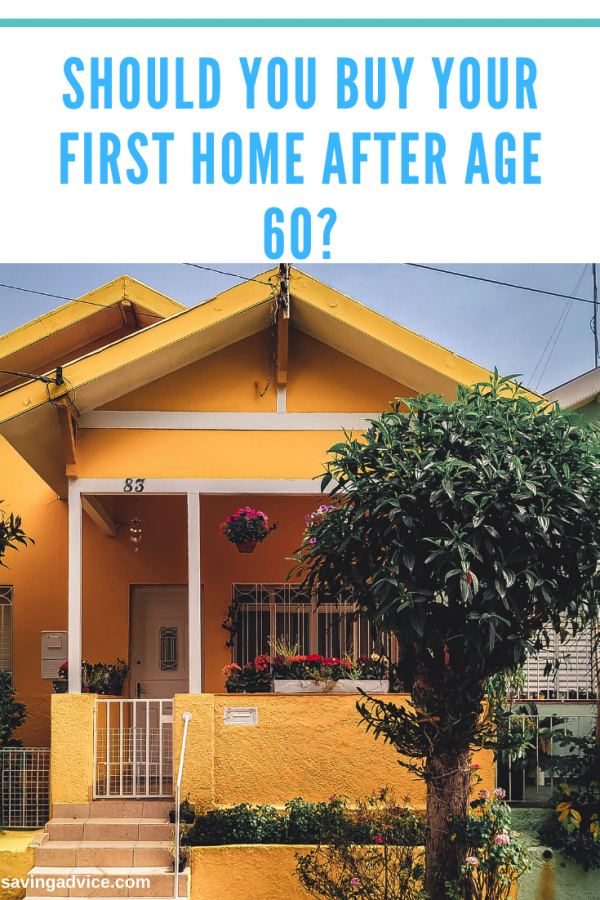
Not everyone becomes a homeowner during their 30s, 40s, or even 50s. Some people wait intentionally while others don’t find themselves in the position to take the leap until they pass age 60. But many of them wonder, “Should you buy your first home after age 60?” If you fall into that category, here’s what you need to know.
You’re Never Too Old to Buy a House
First and foremost, there’s no cutoff age for buying a home. A bank won’t automatically prevent you from getting a loan just because you’ve reached Social Security age or using money from a 401(k) or IRA disbursement to make your payments. As long as you can afford the down payment and mortgage (or the full purchase price outright), your age typically won’t be a factor.
But You Do Want to Consider Mortgage Options Carefully
Unless you’re buying a house with cash, you’re probably going to use a mortgage to make your home purchase. If that’s the case, then you need to weigh your options carefully, especially if you are over the age of 60.
After all, mortgages can last up to 30 years. If you’re 62 today and follow the regular payment schedule, you won’t be done with your mortgage until your 92. That may not be ideal. You’re committing a ton of your retirement savings to that loan, and it may leave your account pretty depleted toward the end.
Deciding Whether Buying Is Right for You
Whenever anyone buys a house, regardless of their age, they have to determine if it’s the best financial move for them. Along with mortgage payments, homes also come with a ton of expenses. Maintenance and upkeep alone can get extremely costly, so it’s important to factor that into the equation. Plus, you need to review how certain recurring expenses may change – like homeowner’s insurance and utilities – as they impact your budget.
But it’s also important to recognize that the overall price isn’t the only factor. You have to decide if owning a home aligns with your ideal retirement vision. A house is a commitment. For some, it gives them a sense of security. They enjoy being homebodies, so having a space that’s entirely theirs is how they envision their golden years. Also, they don’t mind the maintenance, as they find activities like gardening peaceful.
Ensure A House Won’t Be An Anchor
For others, a house is more like an anchor that drags them down. It may make traveling harder or prevent them from moving to a new location with ease at another time. The maintenance is a chore or is generally too difficult to shoulder.
At times, it may make transitioning into an assisted living or care facility cost-prohibitive, even if it would be the best choice. If they can’t sell, they simply might not be able to afford it.
Ultimately, if buying a house is going to give you the life you want without depleting your retirement account, then it can be a good move. But it isn’t a necessity. Renting can give you a sense of freedom, so that’ll be better for some people. In the end, the decision of whether to buy your first home after you pass age 60 is yours, so do what feels right to you.
Do you think it’s wise to wait to buy your first home after age 60? Why or why not? Should your thoughts in the comments below.
Read More:
- What is the Best Age to Buy a House?
- Will Student Loan Debt Keep You from Buying a House?
- How Can Single People Afford to Buy Homes?
If you enjoy reading our blog posts and would like to try your hand at blogging, we have good news for you; you can do exactly that on Saving Advice. Just click here to get started.
Tamila McDonald is a U.S. Army veteran with 20 years of service, including five years as a military financial advisor. After retiring from the Army, she spent eight years as an AFCPE-certified personal financial advisor for wounded warriors and their families. Now she writes about personal finance and benefits programs for numerous financial websites.
Comments